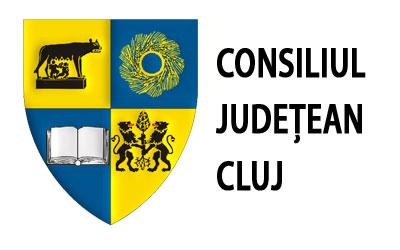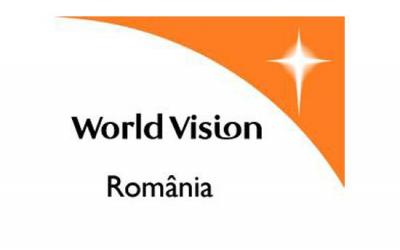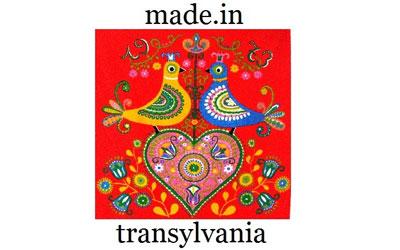Mirela MIRON
Liceul Teoretic „Avram Iancu”, Cluj-Napoca
The field research in this rural community, Mărișel village, Cluj county, took place between 2013-2015, using visual means and structured transgenerational interviews, thus observing the process of oral transmission of narratives. I did not propose the identification of some other meanings to the researched facts, other than those attributed by the interviewed subjects. I should mention that the historical-oral presentation of the life facts told by the people interviewed from the few hamlets of Mărișel village was made from the perspective of our interlocutors, being followed by autobiographical narratives.
Thus, I paid attention to narratives articulated in an oral history of the area, stories about customs such as the carols of the young men, the "juni", the wedding or their meetings (“sezatoarea”), as perceived by people of the generation that lived in the interwar period or immediately after the war. The exploration of ceremonial, calendar and family life was done from a multiple methodological perspective, both ethnographic-anthropological and of oral history, so that "the ethno-anthropological analysis of the ceremonial life of a village can also function as a socio-anthropological diagnosis for understanding the deep transformations and mutations in the life of that community ”.(Neagota, 2016)
The memorates that are the research object of this work are the result of interviews with village people, elders, in whose house I had the privilege of residing as their grandchildren’s teacher.
Keywords: life facts, autobiographical narratives, Mărișel, oral history, customs










